As an SBDC Business Consultant, I have the opportunity to work with a lot of business owners, and one of the things I have figured out is that NONE of them got into their businesses so that they could pay taxes. The restaurant owner wants to serve really great food. The car dealer is a car guy. But taxes are a fact of business life. So, it is a good idea to have a game plan to handle them in an efficient way so that you can focus on the real reason you got into business in the first place. Here are a few suggestions:
Income Taxes
Income taxes start with your financial statements. Ideally, you want to have your financials done by the 10th of each month so that you can review them and make adjustments to your business throughout the year. This will also allow you to get your financial information to your CPA for tax preparation with plenty of time before April 15. Then, you can get back to growing your business instead of dealing with taxes.
[tweetthis display_mode=”box”]Are you handling your #smallbusiness #taxes efficiently and timely? If not, here are some tips:[/tweetthis]
A benefit of getting your taxes done early is to know if you owe money and to make sure you have it available by April 15. If you don’t have the money, talk to your CPA about a payment plan with the IRS. And then, make the payments on time. But realize that you’re not going to Leavenworth over this.
If you owed a lot of money this year, strategize with your CPA about quarterly estimated tax payments for the following year. The key is to make sufficient payments so that you do not incur penalties and interest for under-payment.
An editorial comment: It is always worse to not know the situation. You are probably imagining that you owe more money than you really do. I had a client who had not filed tax returns for three years. He had not wanted to talk with his CPA about the situation because he thought he would owe lots of taxes and penalties and interest. I helped him realize that he was over-estimating his tax liability and encouraged him to meet with his CPA – which he did. A week later, he had everything caught up and was no longer fretting about it. It was a huge relief for him.
1099’s and W2’s 1099’s are due to your contractors on January 31 and W2’s are due to your employees. If you did not get them done by the deadline, don’t panic. Just get going. The worst that will happen is a penalty for being late, and maybe some interest. Again, you’re not going to Leavenworth over this.
However, if you had trouble getting these done on time this year, put some processes in place so that you capture the information up front. A couple of ideas:
- Before you make your first (or next) payment to a contractor or vendor, get updated tax identification information from him or her. Develop a form that has the basic information you need for a 1099.
- For payroll, consider using an outside service like ADP or Paychex. They will pay the taxes when they are due and keep track of tax data during the year. Then they will prepare the W2’s for you at the end of the year. Most business owners find that it is worth the fee.
Sales Tax
Always remember, your company is basically a collection agency for the Department of Revenue. It’s their money, not yours. Again, put something in place to track this data and keep the tax money separated from your business’s money. If you are even one day late getting the money to DOR, you will get hit with penalties and interest. They do not have a sense of humor about this.
Property Taxes
For most counties in Georgia, you pay property taxes in November. The key here is to have a good estimate of what you will owe and set that money aside during the year. For most businesses, it is easier to set aside $400/month, rather than be scrambling for $4,800 all at once. You may want to set up a separate property tax savings account and put money into it each month – sort of like the escrow account on your home mortgage.
Try to remember that the idea behind these suggestions is to get your business taxes handled efficiently and timely. By following these suggestions, taxes will not distract you from the real reason you started your business in the first place.
(Source: Matt Pearce, Consultant, UGA SBDC in Rome)


